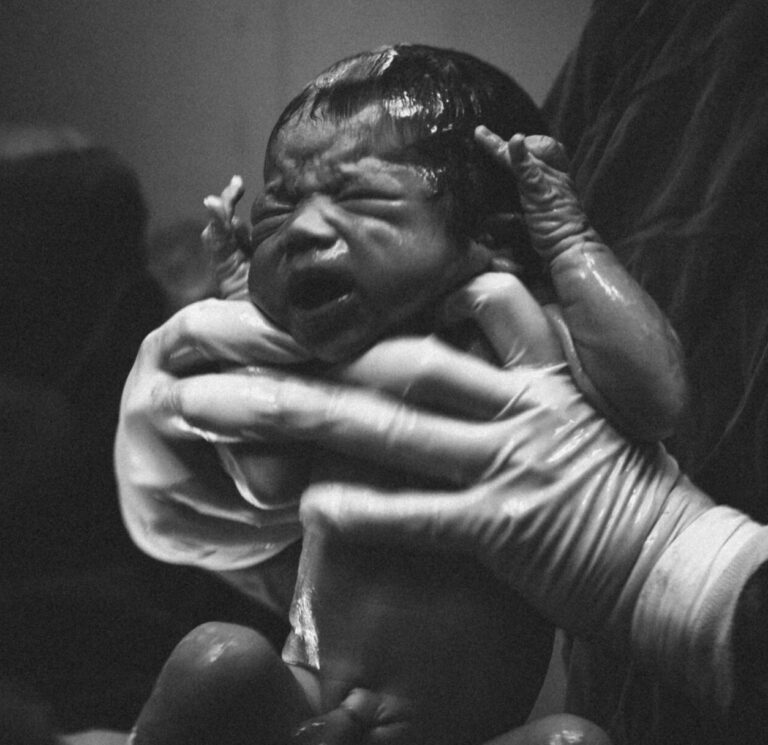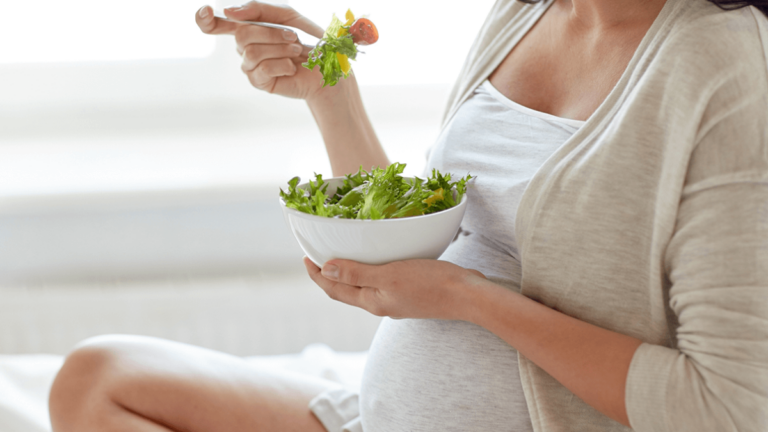Becoming a mother is a remarkable journey filled with joy, anticipation, and a whirlwind of changes. Among these changes, the nourishment and care you provide to your growing baby are of paramount importance. One key aspect of a healthy pregnancy is ensuring an adequate intake of essential vitamins. These micronutrients play a vital role in the development of your baby and the overall well-being of both you and your little one.
1. Folic Acid: Foundation for Healthy Growth
Folic acid, also known as vitamin B9, is a superstar nutrient during pregnancy. It aids in the proper formation of your baby’s neural tube, which eventually develops into the brain and spinal cord. Adequate folic acid intake in the early stages of pregnancy can significantly reduce the risk of neural tube defects. Leafy greens, fortified cereals, and supplements prescribed by your healthcare provider can ensure you’re getting enough of this critical vitamin.
2. Iron: Oxygenating for Two
Iron is your body’s oxygen carrier, and its demand increases during pregnancy to accommodate your growing blood volume and support your baby’s needs. Insufficient iron intake could lead to anemia, leaving you fatigued and potentially affecting your baby’s development. Include iron-rich foods such as lean meats, beans, and spinach in your diet. Pairing these with vitamin C-rich foods can enhance iron absorption.
3. Calcium: Building Strong Bones and Heartbeat
Your baby’s bones, heart, and muscles are rapidly developing, and calcium plays a starring role in this process. If your dietary calcium intake falls short, your body might tap into its calcium reserves, potentially impacting your own bone health. Dairy products, fortified plant-based milk, and leafy greens can bolster your calcium levels and support your baby’s development.
4. Vitamin D: Sunshine Vitamin for Strong Immunity
Vitamin D is essential for calcium absorption, bone health, and immune function. As sunlight is a primary source of vitamin D, spending time outdoors can be beneficial. However, supplements may be necessary, especially if you have limited sun exposure or a deficiency. Consult your healthcare provider to determine your vitamin D needs.
5. Prenatal Vitamins: Bridging Nutritional Gaps
While a balanced diet is the cornerstone of a healthy pregnancy, prenatal vitamins can fill in nutritional gaps. They are specially formulated to provide the necessary vitamins and minerals crucial for your baby’s growth. However, consult your healthcare provider before starting any supplement regimen to ensure you’re taking the right dosage.
In conclusion, pregnancy is a time of profound responsibility and care. By ensuring you’re getting the right vitamins, you’re not only nurturing your baby’s growth but also safeguarding your own well-being. A balanced diet enriched with these essential vitamins, along with consultation with your healthcare provider, will set you on the path to a healthy and joyful pregnancy journey.





